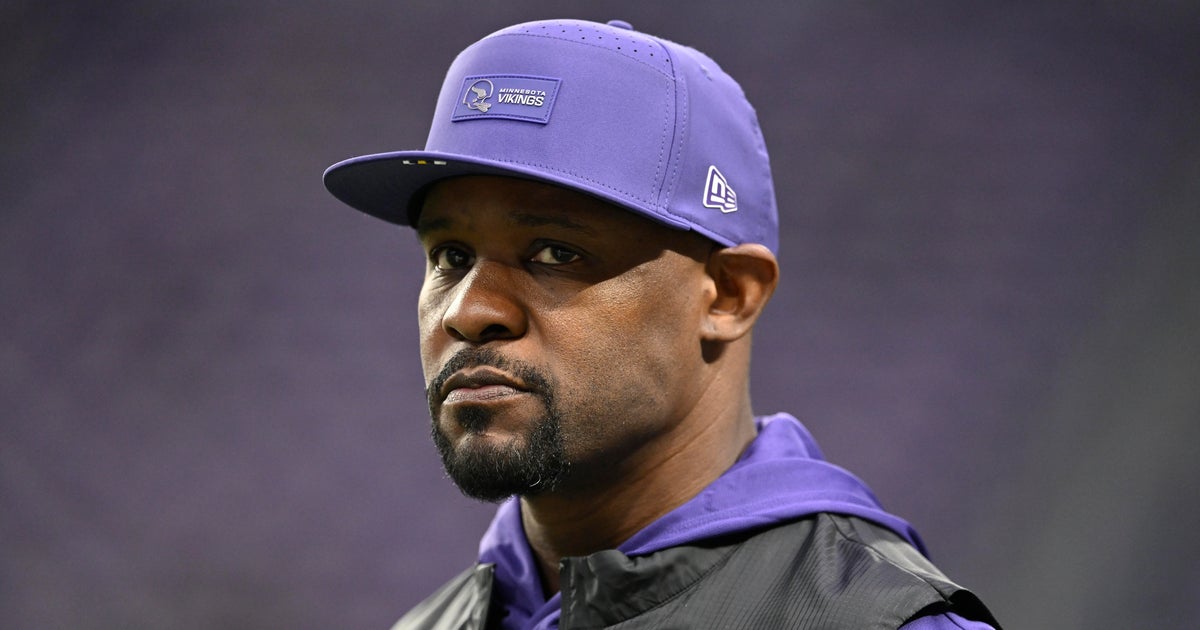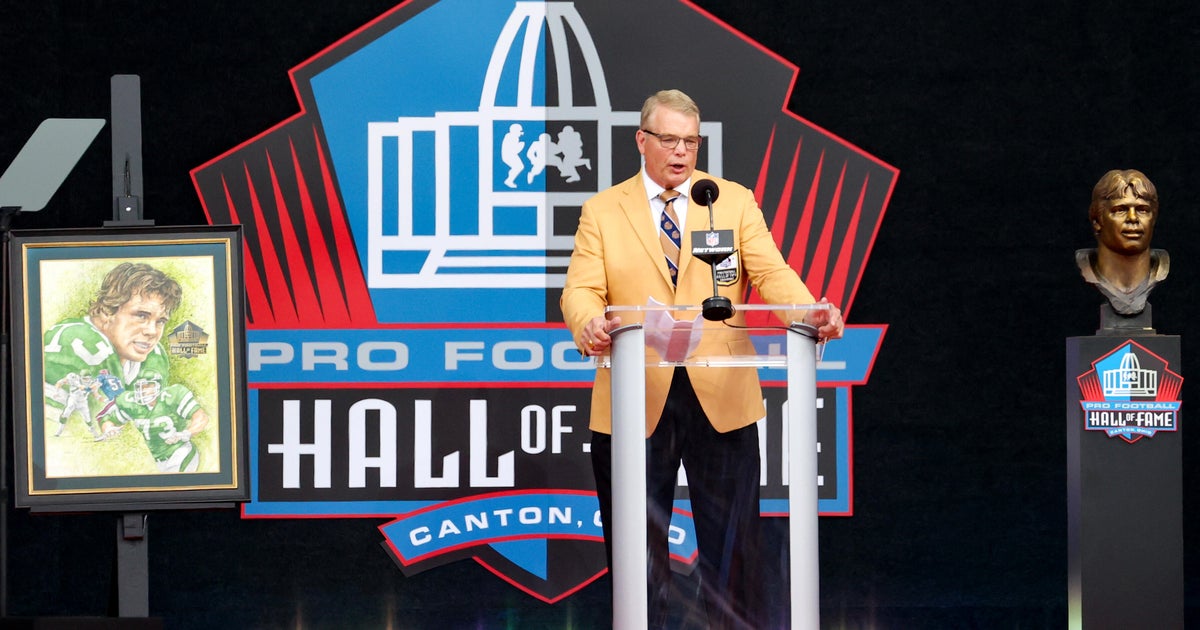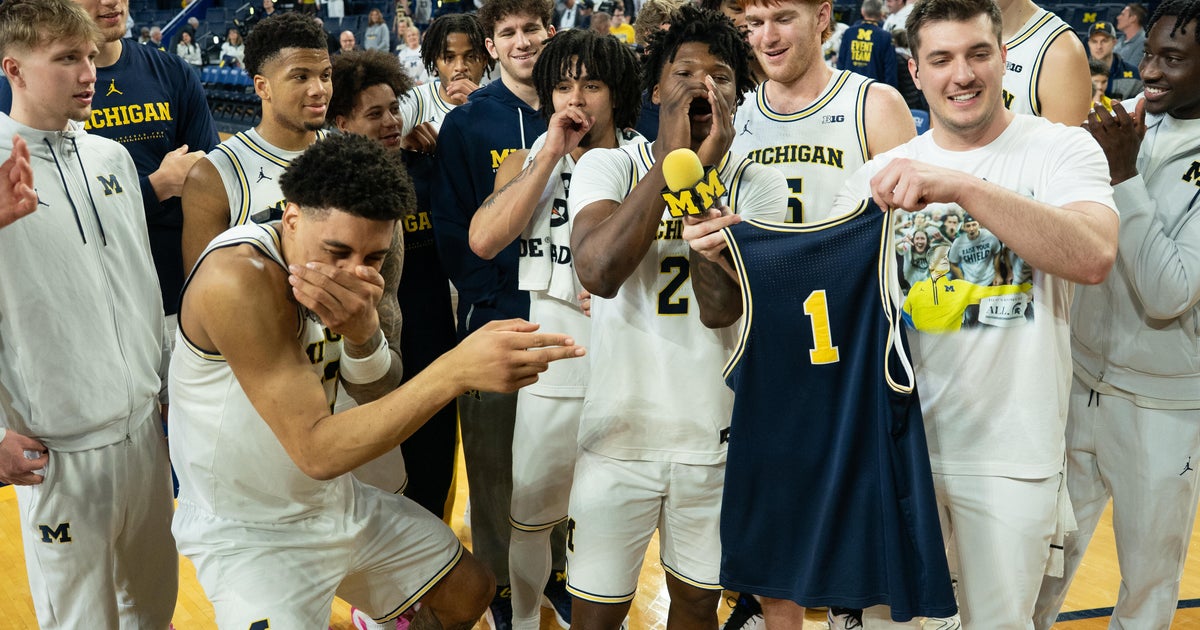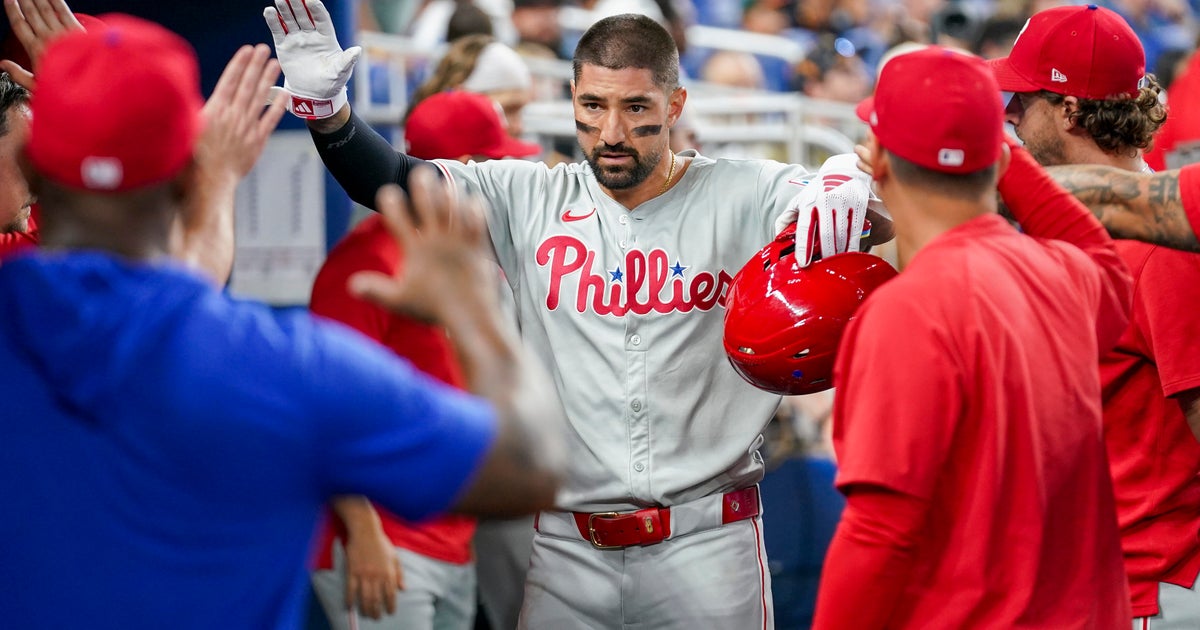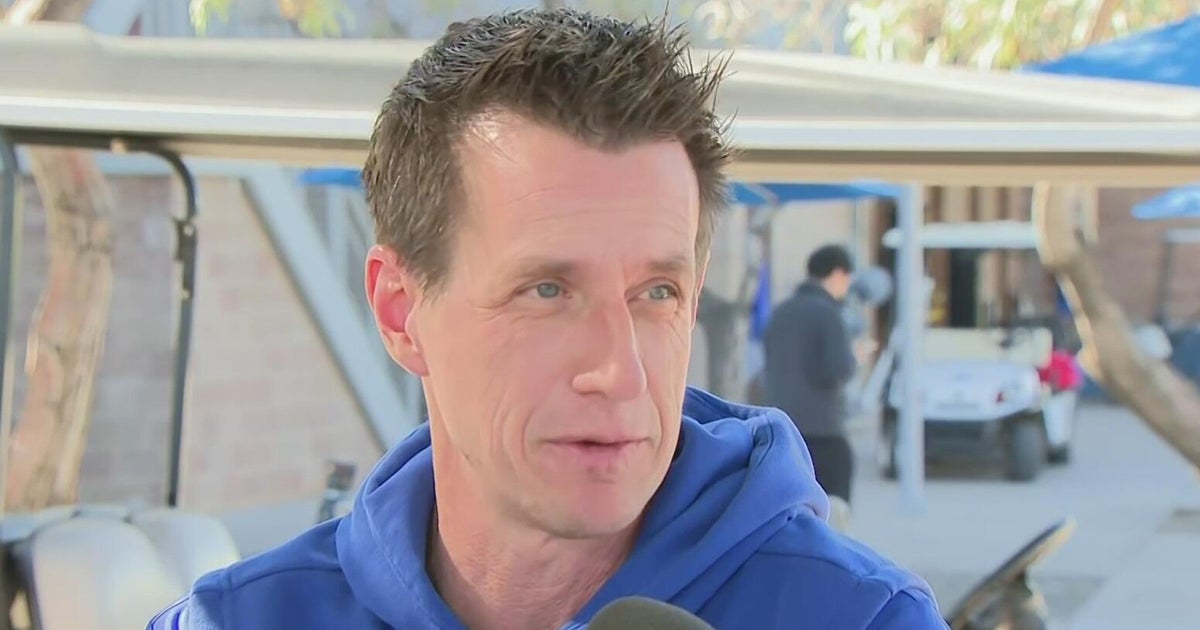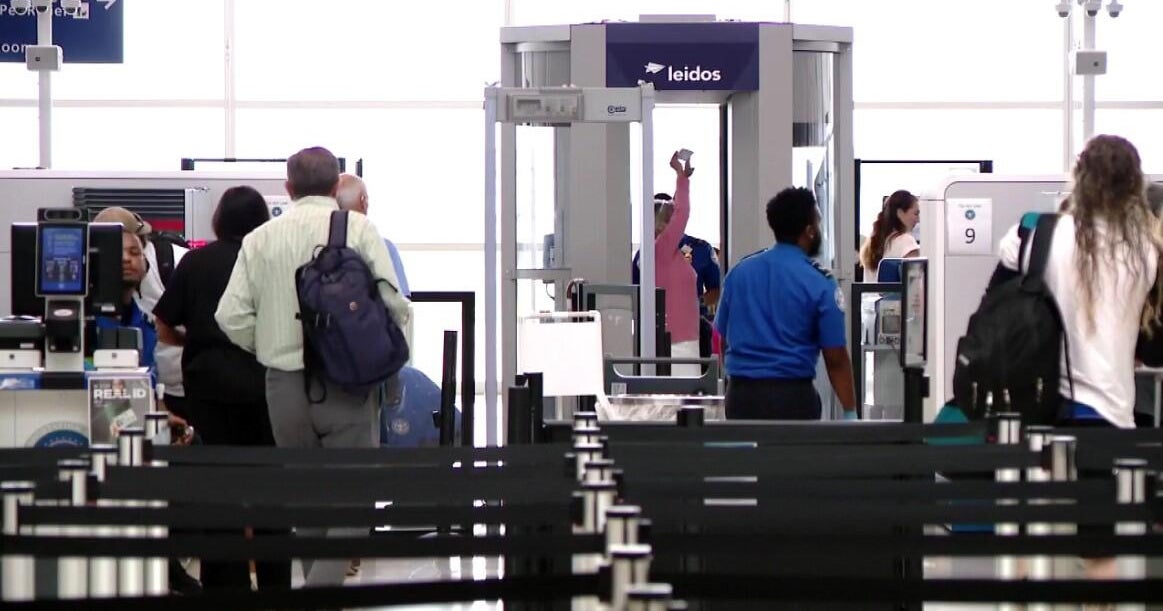NFLPA Turns To Congress To Help Avoid Lockout
WASHINGTON (AP) — If the National Football League could throw a penalty flag at the players union, it would be for political interference.
The NFL Players Association has turned to Congress for help in preventing an owners' lockout of players next season. The union has drafted letters for lawmakers to send to the league and held a briefing for members of Congress and their aides on the economic impact of a labor dispute, according to documents obtained by The Associated Press.
The union's adversary on Capitol Hill, NFL lobbyist Jeff Miller, argued that Congress isn't in a position to resolve the dispute and that trying to pull lawmakers into it is out of bounds.
"There's an opportunity for us and the players to work this out at the negotiating table," he said. "That's the avenue to pursue."
One union-drafted letter asks Commissioner Roger Goodell to commit to no lockout next year — and, failing that, seeks a batch of information from the league, including each team's financial statements and salary figures of top officials as well as information on government subsidies for stadium construction and renovation.
The union found no takers for that letter, but it did get Sen. George LeMieux, R-Fla., to write to Goodell and the union expressing concern about the economic impact of a lockout and urging both sides to reach an agreement. LeMieux's letter, sent in August, contains passages nearly identical to a draft letter circulated by the union, including this section: "I understand that you are currently engaged in negotiating a collective bargaining agreement, and I do not seek to interject myself into those discussions. However, on behalf of fans, businesses and communities, I urge you to sit down now to work out whatever differences you might have."
The players union declined to comment on its campaign. In a brief telephone interview, NFLPA public policy counsel Joe Briggs said Congress has taken an active interest in the sport, citing last year's highly publicized hearings on NFL head injuries. He also noted that Goodell had attended a Congressional Black Caucus foundation event this year and that the league's political action committee had made campaign contributions.
"It's obvious that they clearly believe that Congress' involvement is very necessary," Briggs said. "The real question will be whether a populist wave of the last election will make members of Congress ready to stop the NFL" from imposing a lockout.
Miller said the league is simply playing defense.
"We have a very different approach to this than the players association has," he said. "But at the same time, if they're spending a lot of time on Capitol Hill trying to encourage Congress to engage in our collective bargaining negotiations, we can't just abdicate the playing field. We have a responsibility, too, to talk to members of Congress and their staff and educate them about the status of the negotiations."
The current labor agreement expires in March. Players now receive 59.6 percent of designated NFL revenues, which the owners say is too much.
The union has been encouraging congressional interest in the labor situation since last year, when it selected Washington insider DeMaurice Smith as executive director. As a candidate for the job, Smith told players he would be able to bring congressional pressure on the NFL on the labor front. His political resume includes stints with the Obama transition team, and before that, Eric Holder, now the nation's attorney general.
Smith has urged Congress to ensure that the "gifts" it provides to the NFL — such as an antitrust exemption for broadcasting contracts — be used in ways to benefit fans and others involved in the sport. He's organized a couple of player lobbying days on Capitol Hill, featuring dozens of current and former players.
In July, Smith invited lawmakers and congressional staffers to a briefing in the House Judiciary Committee hearing room titled "Professional Football: More Than a Game." An NFLPA invitation says "Mr. Smith will provide his insights on this multibillion-dollar industry and how a protracted labor dispute will affect those individuals without a voice at the bargaining table," such as small business owners and employees who depend on football. The union has argued that a lockout would cost NFL cities $150 million in lost jobs and revenue.
Under Smith, the union has also ramped up lobbying spending, but it's still vastly outspent by the league. As of Sept. 30, the league had spent around $1.1 million this year to influence the federal government, more than triple the union's $340,000. And unlike the union, the NFL also has a political action committee, which made almost $600,000 in campaign donations in this year's elections, mostly to incumbents.
In addition, visitor logs show that both Smith and Goodell have been to the White House to meet with staffers.
Stephen Ross, director of the Penn State Institute for Sports Law, Policy and Research, said there's little chance that Congress would pass legislation that would affect the labor dispute. What's more likely is the threat of congressional involvement having some impact, he said.
He also called the players' lobbying campaign part of a coordinated public relations effort.
"The more members of Congress join in, that gives members of the public the impression that maybe the owners aren't doing something right, this is a little too greedy," Ross said.
The NFLPA isn't the first sports union to turn to Congress for help in a labor dispute. During baseball's 1994-95 baseball strike, the players urged Congress to rescind the sport's antitrust exemption. Lawmakers proposed 15 pieces of legislation that would have eliminated or modified the exemption, but none became law at the time.
Another branch of government wound up saving the 1995 season. On March 31 of that year, U.S. District Court Judge Sonia Sotomayor, now a Supreme Court justice, issued an injunction against the owners that ended the 7 1/2-month strike.
